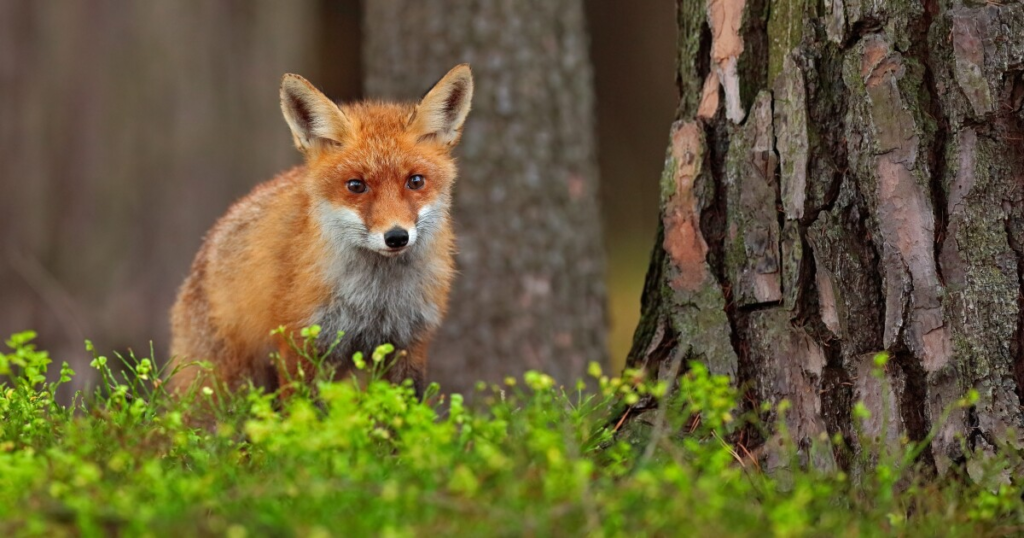To combat the high incidence of rabies in rural Alaska, Senator Lisa Murkowski has proposed a bill that aims to provide federal support to tribes for veterinary services. This includes spaying, neutering, and vaccinating domestic animals.
Introduced in the Senate Committee on Indian Affairs, the bill would authorize the Indian Health Service to directly offer veterinary services and funding in regions where zoonotic diseases, such as rabies, are prevalent. The initiative targets areas with uncontrolled dog populations, where the risk of disease transmission between humans and animals is heightened.
The bill highlights the significant presence of rabies in rural Alaska and red fox populations in Alaska’s northern and western regions, as well as a rise in human exposure to rabid animals between 2020 and 2023.
In 2021, the Yukon-Kuskokwim Health Corporation advised residents of Western Alaska to vaccinate their dogs against rabies after the virus was detected in foxes across three communities, including Bethel.
By 2023, Nome experienced a troubling surge in rabies cases within its red fox population. During February and March, nearly 25% of the 61 red foxes killed by state biologists tested positive for rabies. Many of these infected foxes had been killed by dogs, which are the primary transmitters of rabies to humans.
According to the bill, Alaska Native children have the highest rates of hospitalization for dog bites among those served by the Indian Health Service, which provides care to over 2.7 million people nationwide.
The bill also mandates the United States Secretary of Agriculture to conduct a study on the administration of oral rabies vaccines to wildlife that may be directly or indirectly involved in transmitting rabies to tribal members.
The World Health Organization notes that once clinical symptoms manifest, rabies is nearly 100% fatal in humans.
For the bill to become law, it must still be approved by both the Senate and the House.











